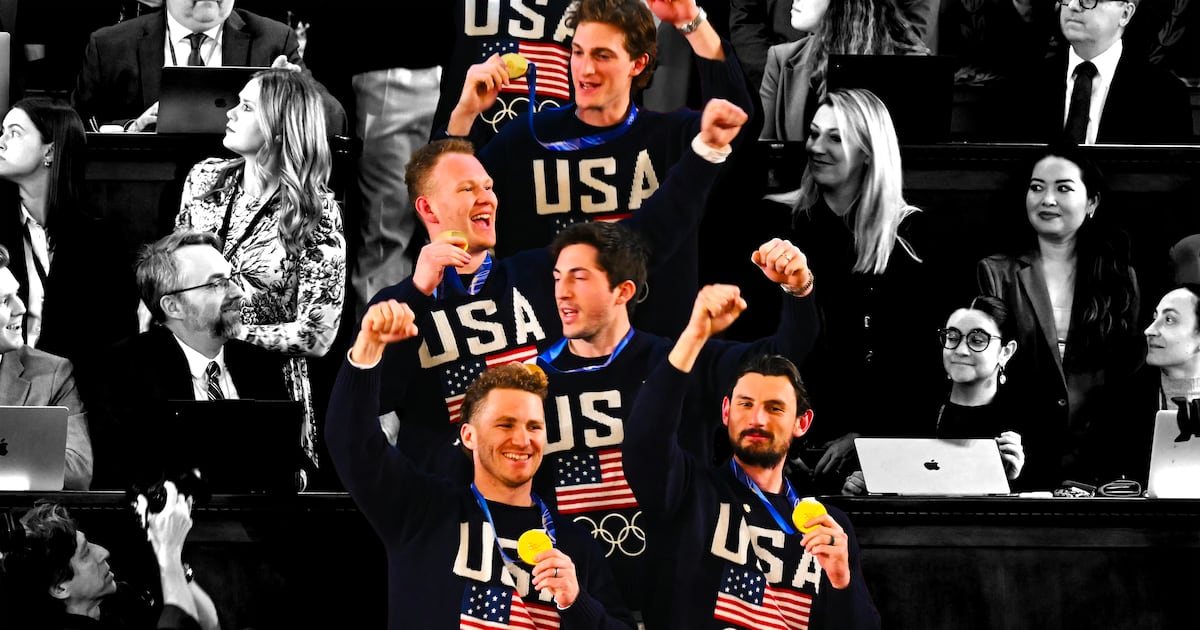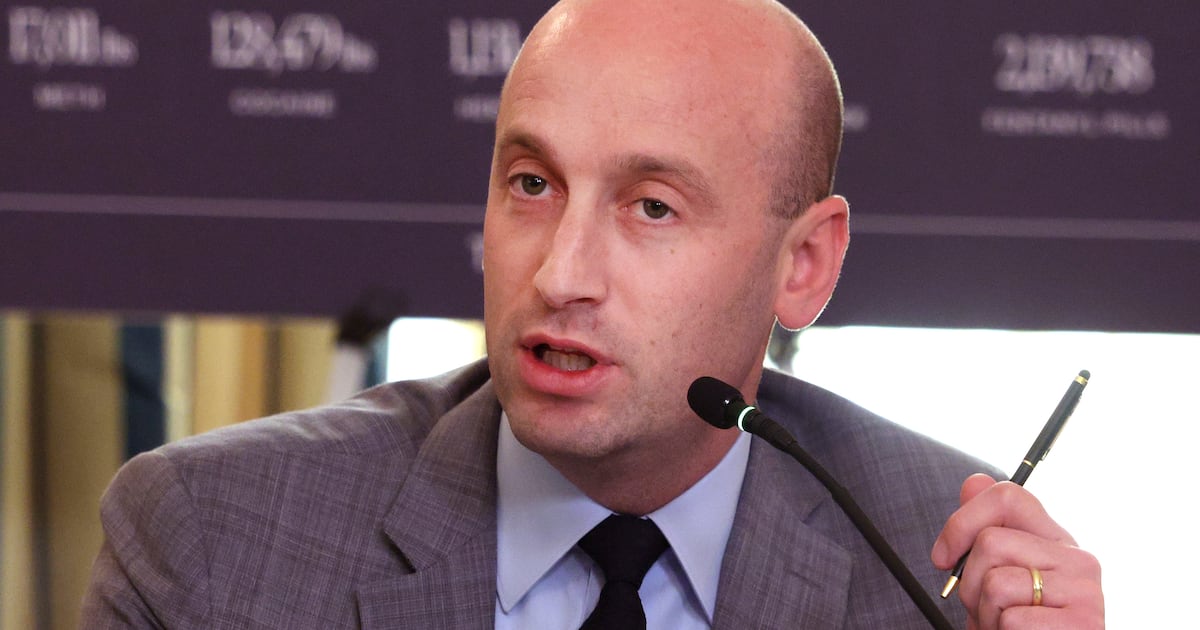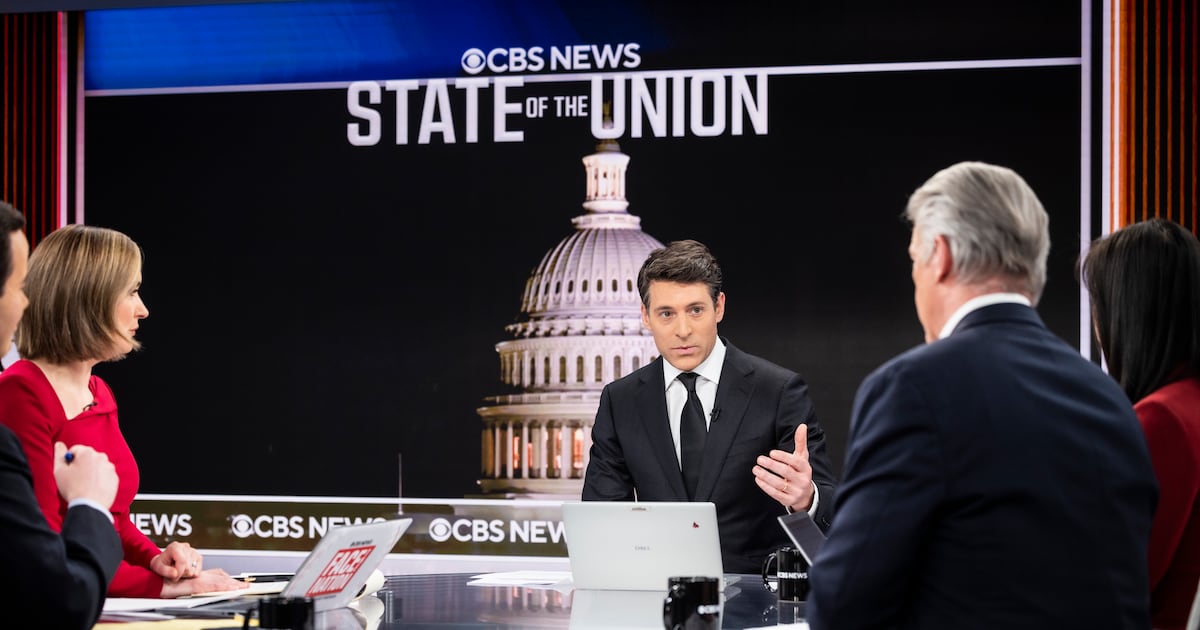In an op-ed titled “ProPublica Misleads Its Readers” published on Tuesday, Supreme Court Justice Samuel Alito took to the opinion page of The Wall Street Journal in an apparent attempt to get ahead of an unflattering story the nonprofit outlet ultimately published just hours later.
While the ProPublica report was not published when Alito’s piece went online, Alito seemed to imply its investigation centers around his failure to report a 2003 fishing trip with hedge fund manager Paul Singer, who was connected to certain Supreme Court cases from which Alito then failed to recuse himself.
At the time, a spokesperson for ProPublica told The Daily Beast, “We don’t comment on unpublished stories.”
Suspicions were confirmed when ProPublica published its piece just before midnight Tuesday, titled, “Justice Samuel Alito Took Luxury Fishing Vacation With GOP Billionaire Who Later Had Cases Before the Court.”
The report describes Alito’s vacation “at a luxury fishing lodge that charged more than $1,000 a day,” and includes a picture of the smiling pair, each holding giant king salmon.
It details at least 10 instances where Singer’s hedge fund came before the court. During one case in 2014, Alito did not recuse himself and voted with the 7-1 majority, giving the hedge fund a princely sum of $2.4 billion.
By not reporting the private jet Alito took for the fishing trip, which was also paid for by Singer, ProPublica reports he “appears to have violated a federal law that requires justices to disclose most gifts.”
The piece noted ProPublica had “sent Alito a list of detailed questions last week,” and on Tuesday were told by the Supreme Court’s head spokeswoman that Alito would not be commenting. “Several hours later, The Wall Street Journal published an op-ed by Alito responding to ProPublica’s questions about the trip,” ProPublica writes.
Alito insists he had spoken to Singer “on no more than a handful of occasions,” other than some “small talk” on that fateful fishing trip.
Alito said that he had no clue of Singer’s connection to the companies that came before the court and never discussed business during the trip.
He also claimed the plane trip was not planned and he was only invited shortly before—making sure to mention that the seat “would have otherwise been vacant.” Of his decision not to report the trip, he said “accommodations and transportation for social events” are “commonly interpreted” as not requiring disclosure.







